Ancestry.com’s Monopoly On Your Family Tree
September 24, 2012 in Daily Bulletin
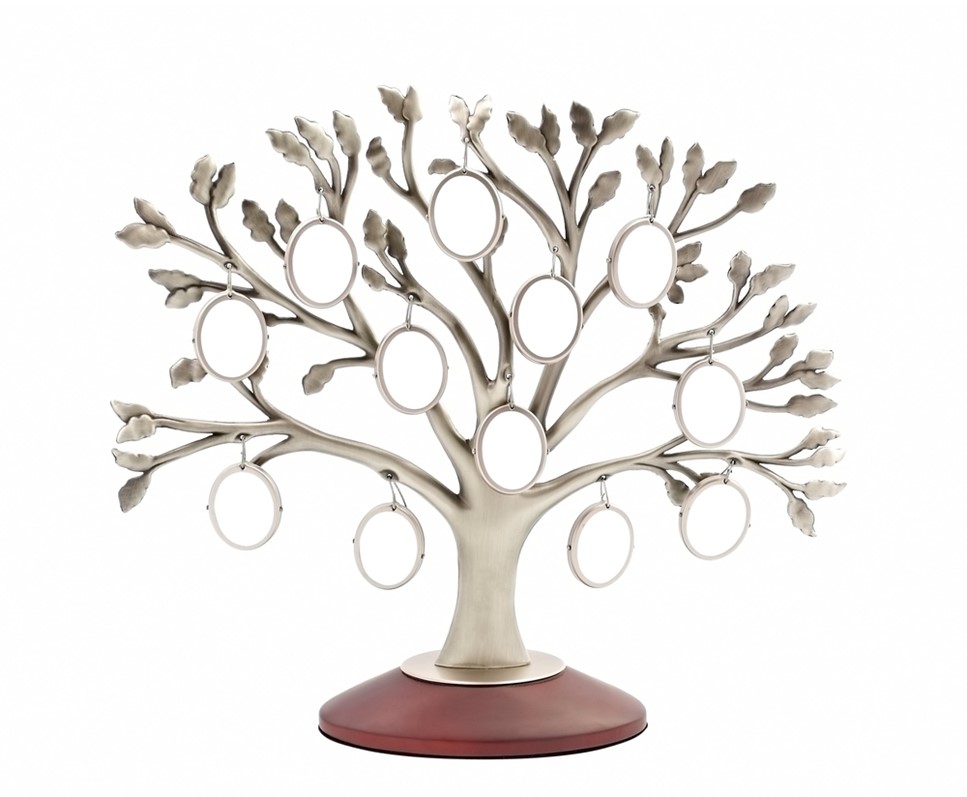
It turns out that Barack Obama is related to Rush Limbaugh; Robert Pattinson to the original vampire: Vlad III Dracula; and Emma Watson to an actual witch that was burned at the stake. All of these connections were found by Ancestry.com – a website that has come to dominate the genealogy market. Bruce Falconer wrote:
- After porn, genealogy is the most searched topic on the internet.
- White women 55 and older are the most frequent visitors to genealogy sites.
- Ancestry.com has doubled the number of its subscribers since 2009.
- The site is projected to make $480 million this year – which means that it has grown almost 200% in the last five years.
- Its biggest competitor is itself. It owns five of the top 10 genealogy sites, having acquired the most recent one in April.
- Subscribers pay up to $34.95 a month for access to Ancestry.com’s substantial database, which covers 40 countries and 800 years of history.
- Or they can pay $120 an hour (with a minimum of $2,400) for a personalized consultation with a genealogist.
Read more about the future of the industry, Ancestry.com’s humble origins, and the ancient Egyptian village that produced Hitler, Stalin, Darwin, Churchill, Turning, Austen and Lincoln, over here.
Source: Business Week








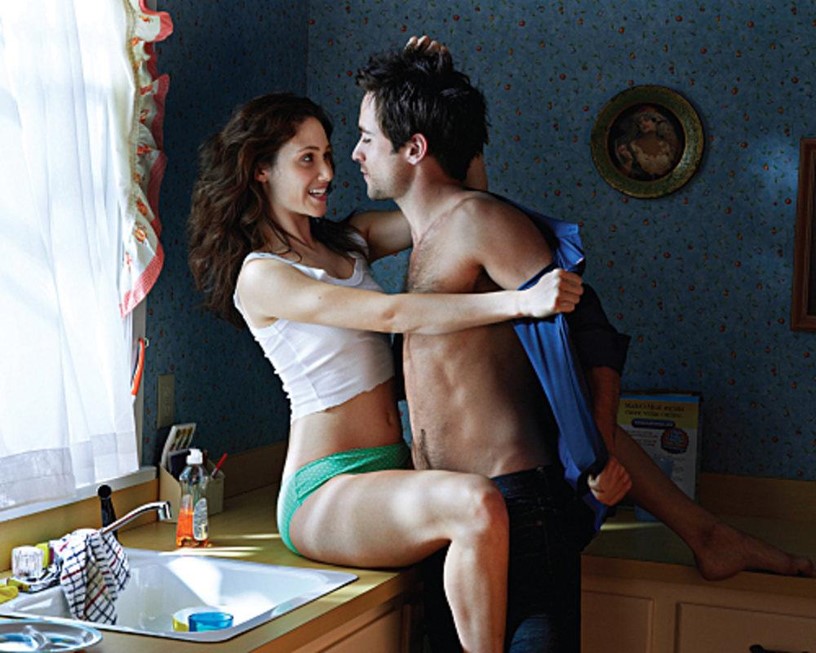
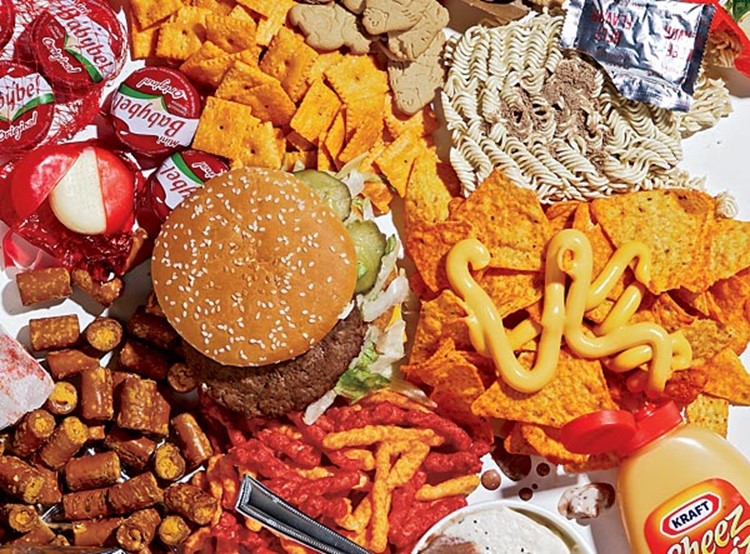
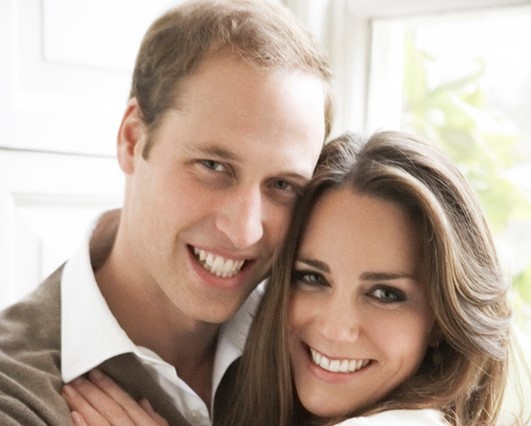



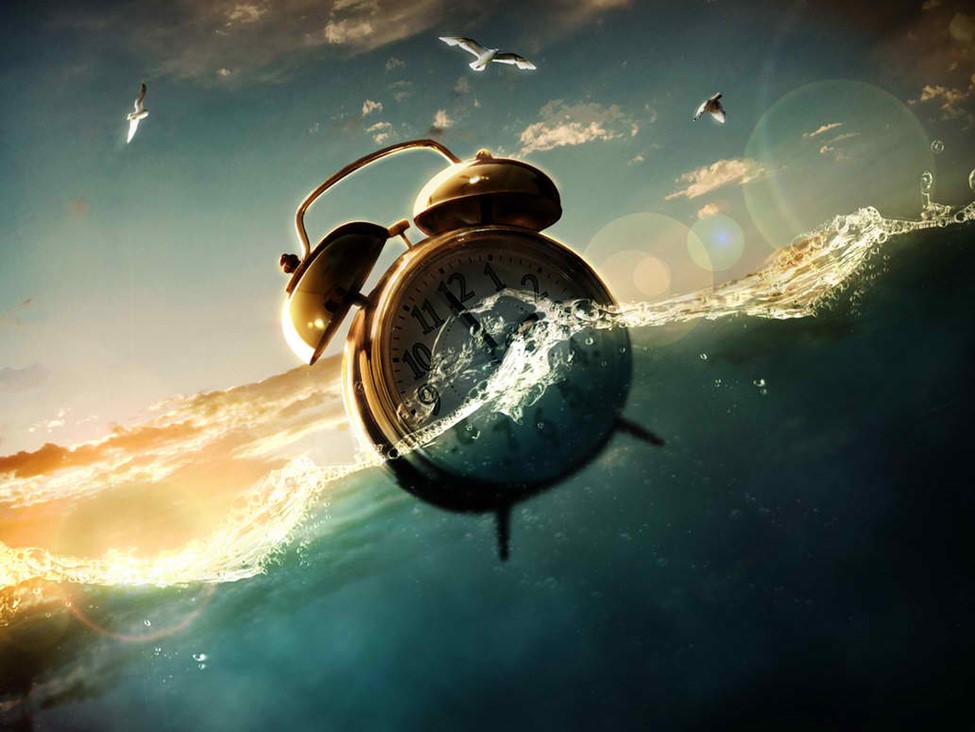

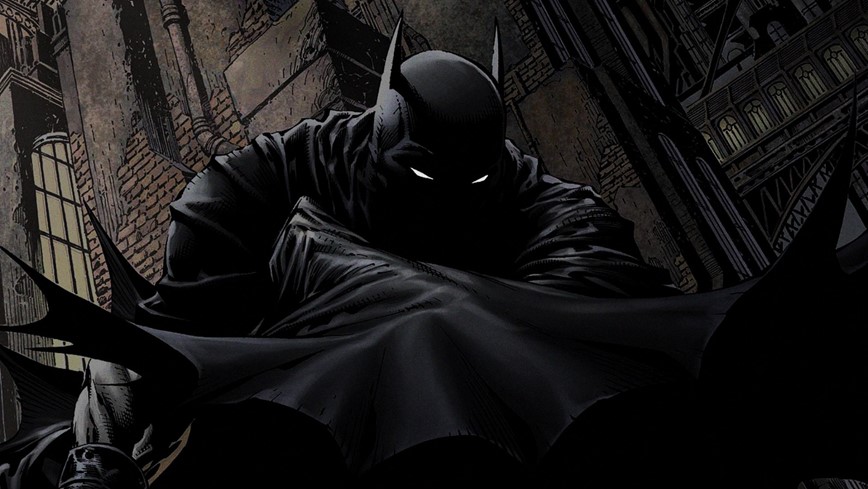
Join the Discussion! (No Signup Required)